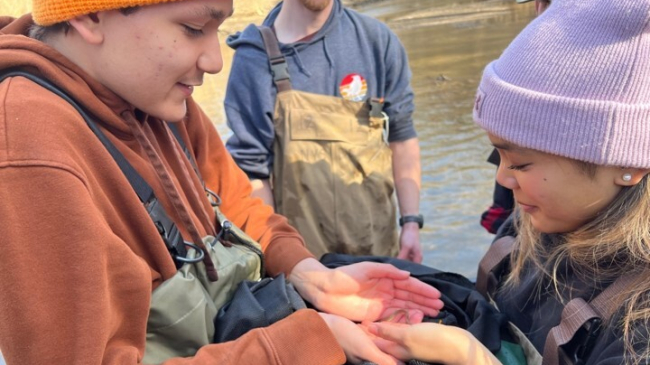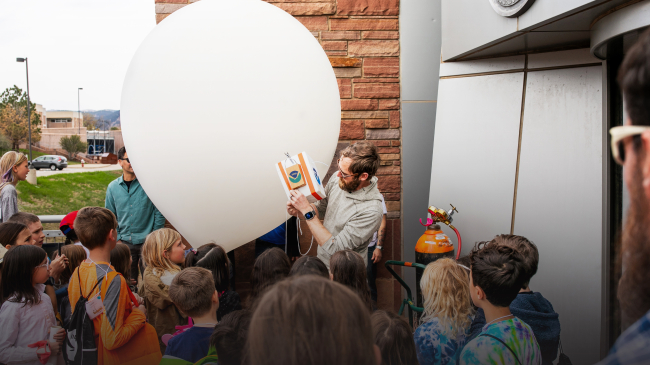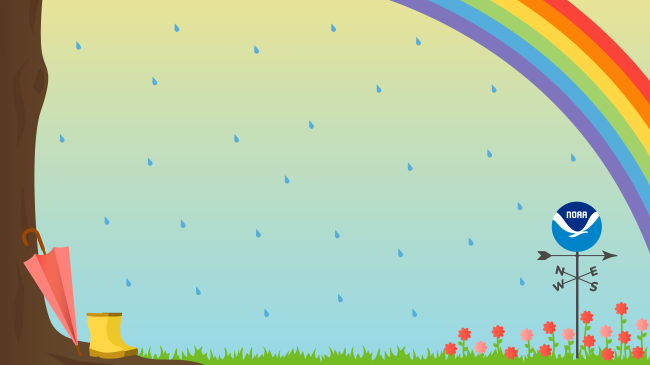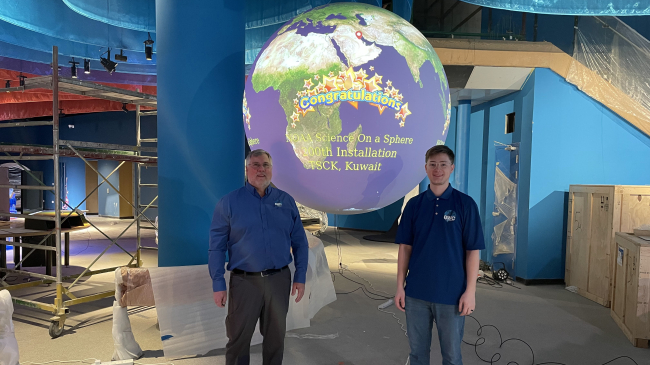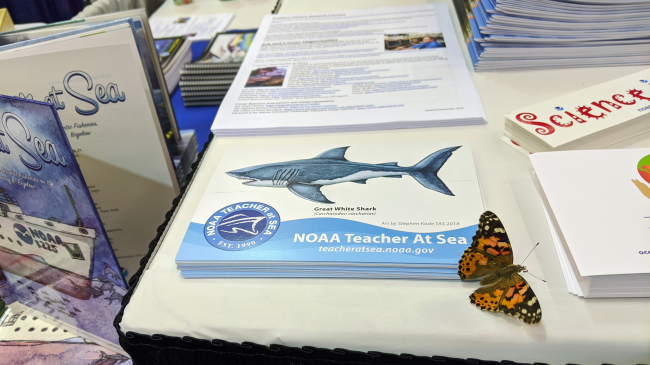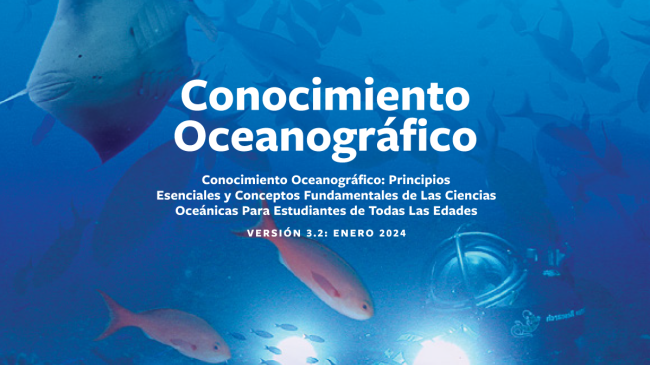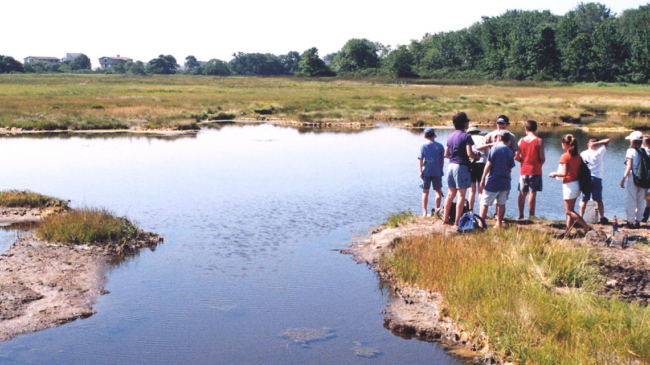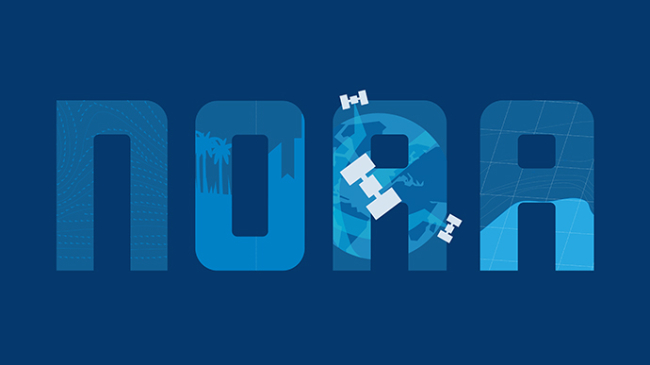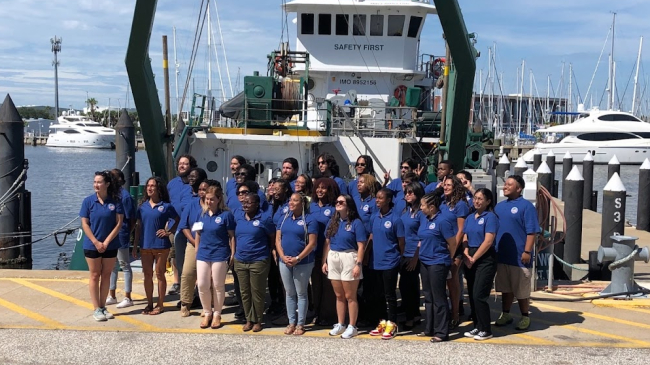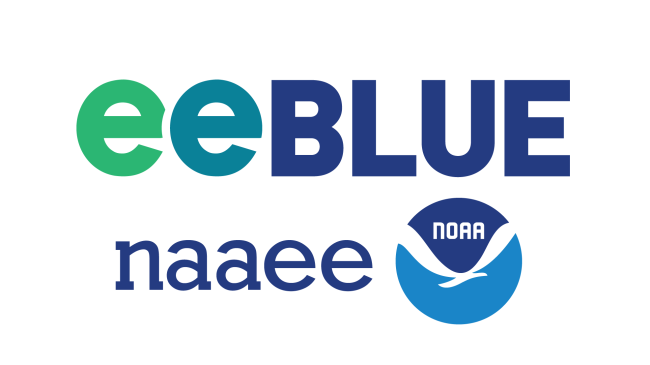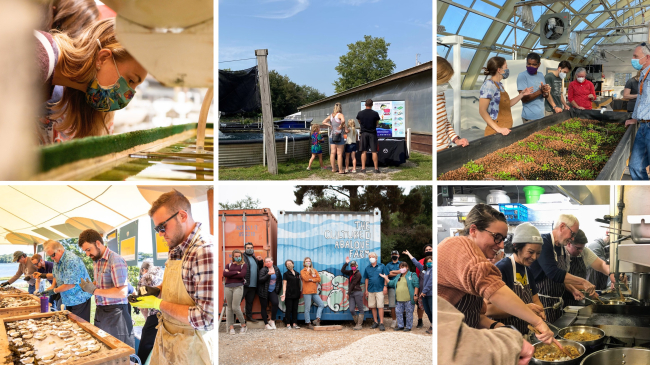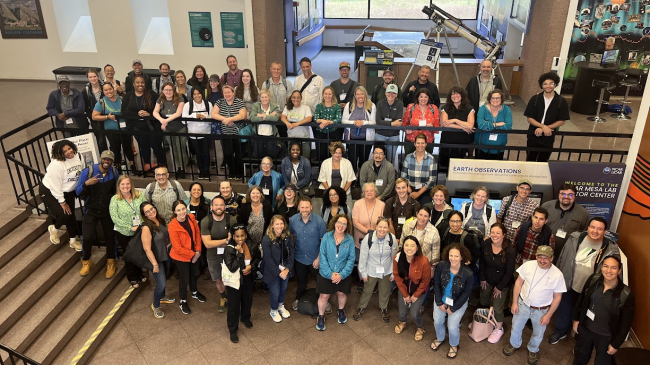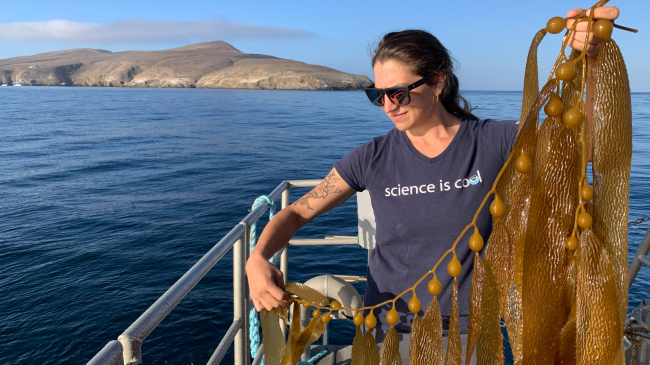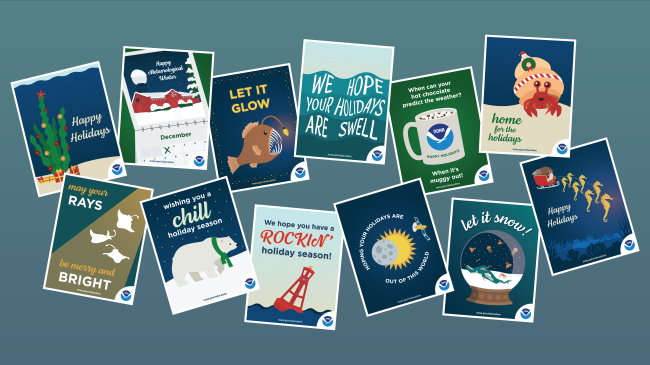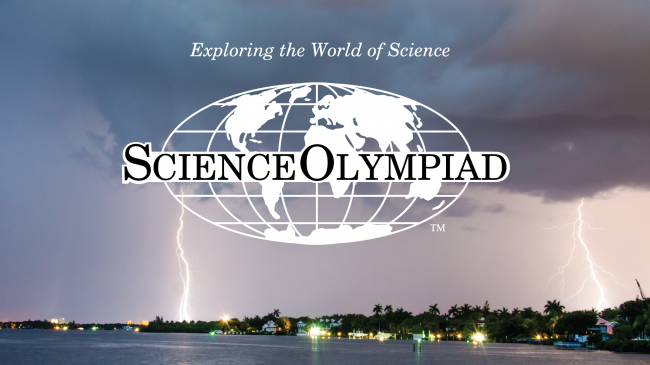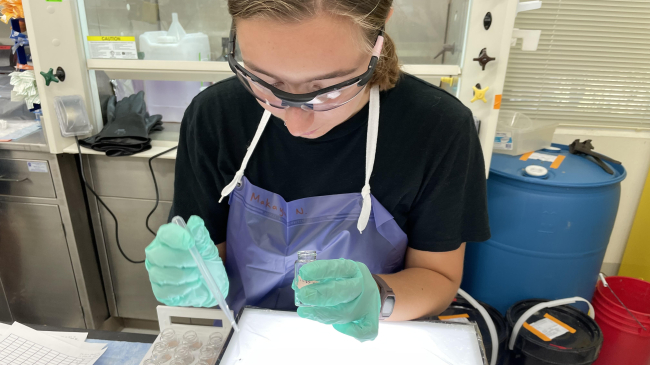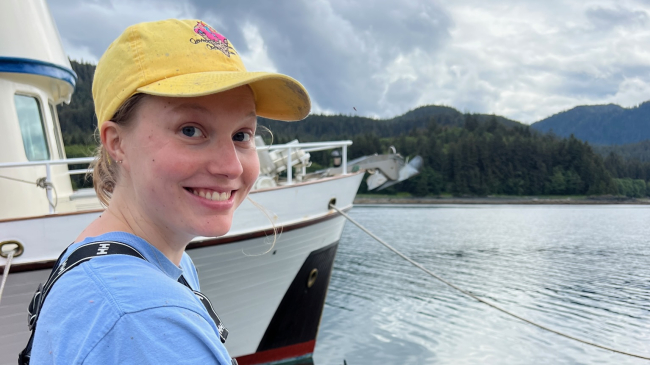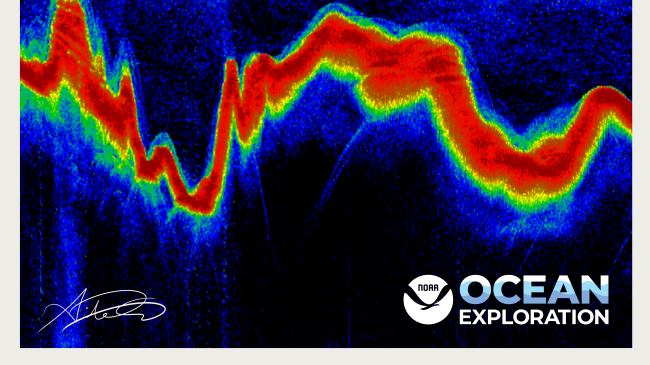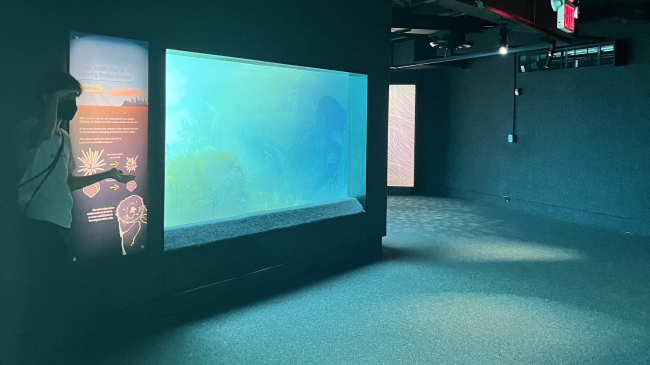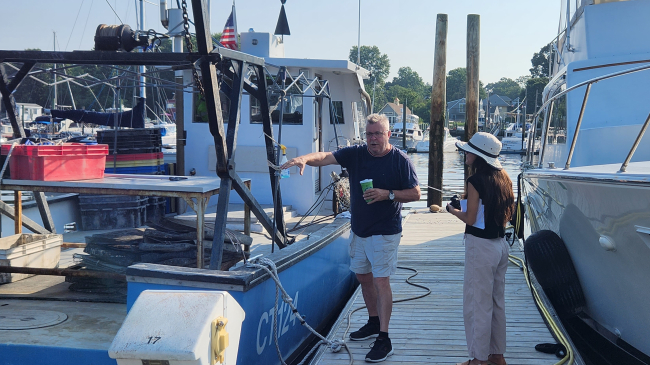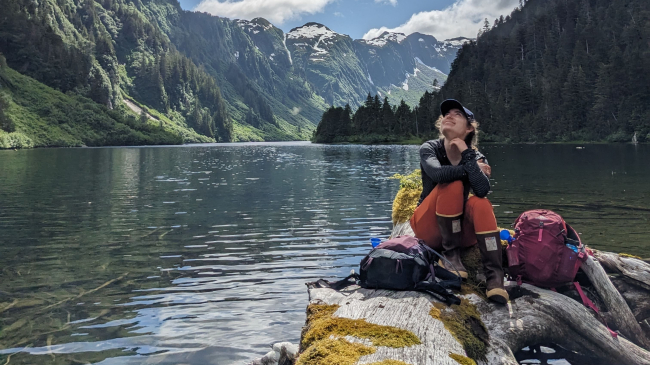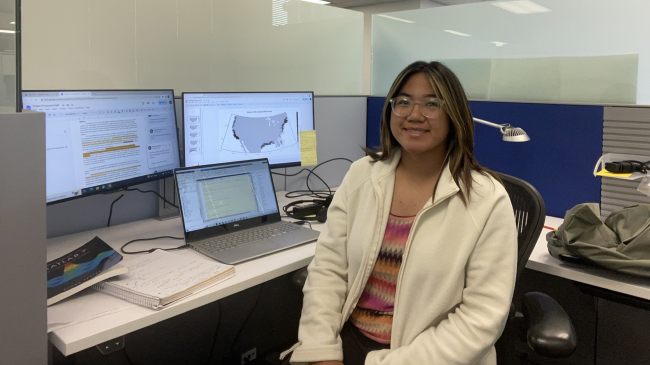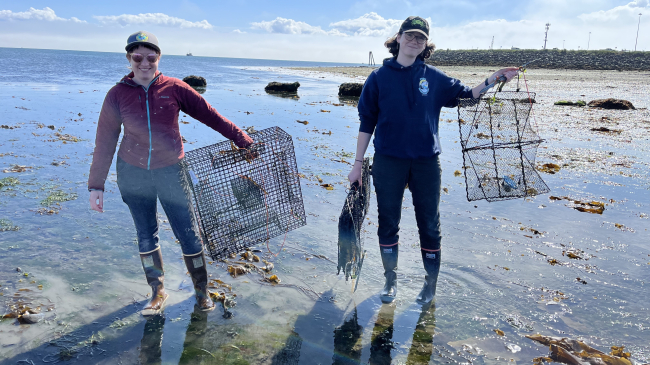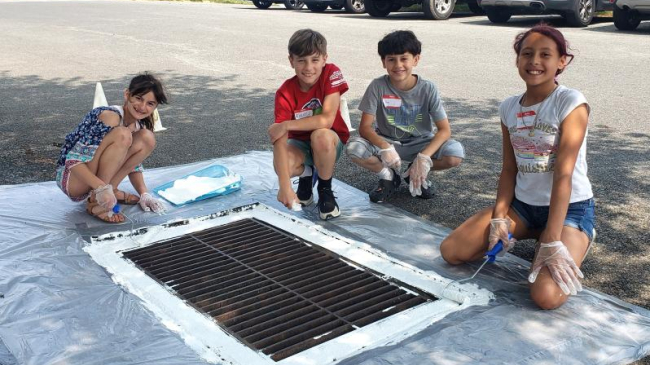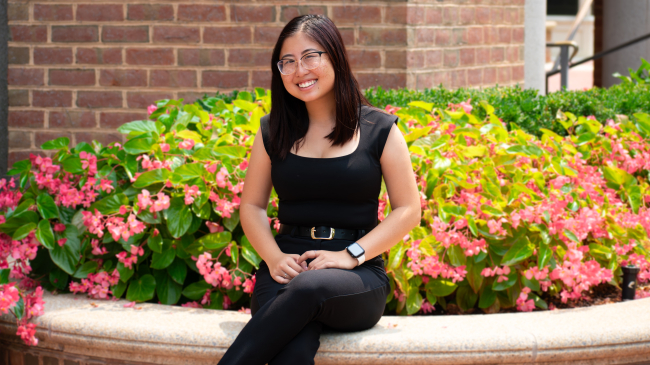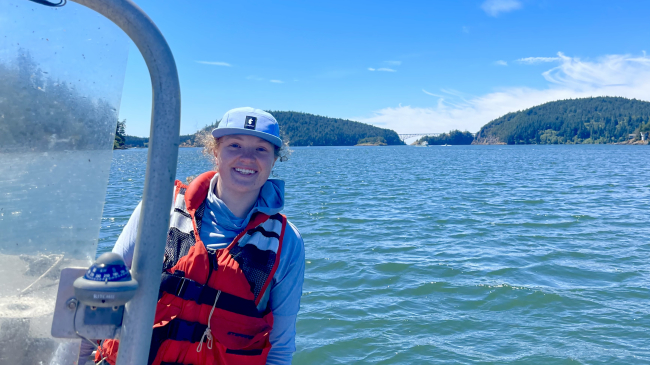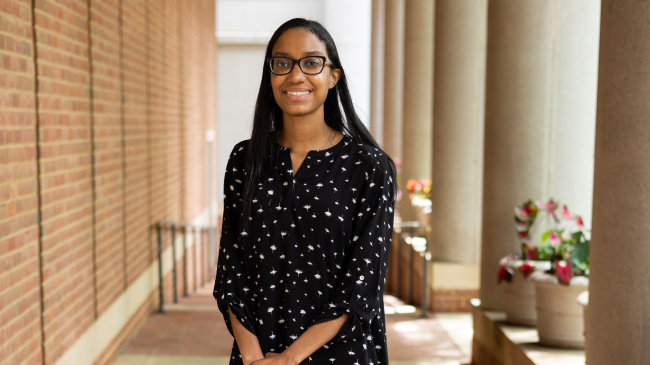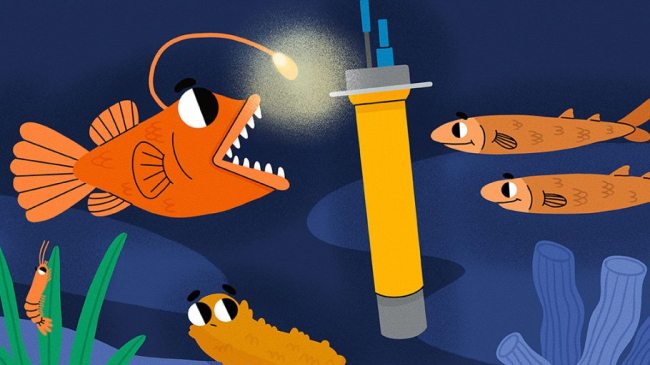Featured Education content
NOAA Education participates in many education conferences throughout the year. We love meeting educators and helping them learn how to use our resources. Can’t make it to the conference, or simply looking for the digital version of our materials? Check out our virtual booth!
A variety of different site-based teacher workshops at National Estuarine Research Reserve System locations throughout the country.
Science Olympiad is a national STEM competition dedicated to improving the quality of K-12 science education, increasing interest and engagement in science, and providing recognition for outstanding achievement by students and teachers. Science Olympiad tournaments emphasize teamwork, problem solving, and hands-on learning practices. For more information about Science Olympiad, visit www.soinc.org offsite link. Here, we share resources from NOAA and our federal partners.
Science Olympiad is a national STEM competition dedicated to improving the quality of K-12 science education, increasing interest and engagement in science, and providing recognition for outstanding achievement by students and teachers. Science Olympiad tournaments emphasize teamwork, problem solving, and hands-on learning practices. For more information about Science Olympiad, visit www.soinc.org offsite link. Here, we share resources from NOAA and our federal partners.



